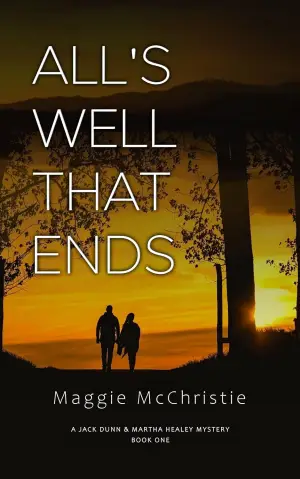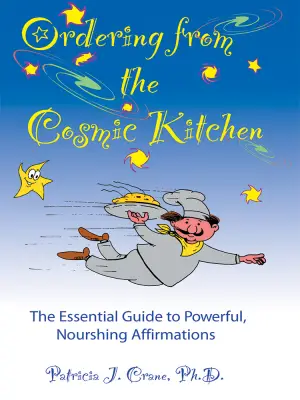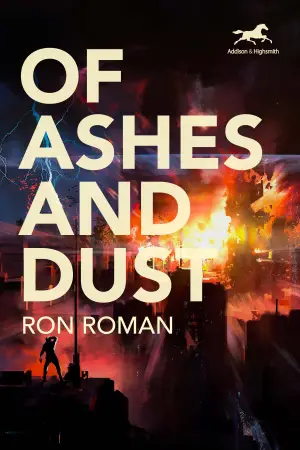A Disappointing Return to the Gothic: My Thoughts on Foxglove (Belladonna, #2)
I went into Foxglove with the same flutter of excitement that tingles beneath your skin when you see a familiar face in a crowd—Adalyn Grace had thrilled me with Belladonna, a hauntingly beautiful read that captured my heart last year. I eagerly anticipated the continuation of Signa Farrow’s journey, imagining more gothic romance, more intricate mysteries, and most importantly, more of the compelling interplay between Death and Signa. But alas, what I got instead felt more like a painful disappointment than a thrilling saga.
From the outset, the story follows Signa navigating her relationship with Death, complicated by the arrival of Fate, Death’s brother. Fate’s entry into the narrative promised so much—excitement, chaos, and a potential rivalry that could ignite the pages with tension. However, Fate turned out to be a tragic underachiever, lacking depth and any semblance of intrigue. To put it plainly, my hopes fell flat. The “love triangle” that was posed felt more like an awkward two-step, with Signa showing almost no interest in Fate, making the entire dynamic feel forced and pathetic. Watching Fate fumble for her affection was like watching soggy bread fall into a puddle—excruciating and hard to swallow.
Where was the chemistry? The banter? The exquisite tension I so adored in Belladonna? It felt as if Death himself had evaporated from the pages; he appeared for fleeting moments, only to disappear again, robbing readers of what could’ve been powerful interactions. With little driving force behind the plot, even the renowned murder mystery turned into an exercise in boredom. By the time I hit the 75% mark, I was left wondering—what was Signa even doing this whole time? She was scarcely an active participant in her own story.
The pacing suffered significantly from "book two" syndrome, feeling sluggish and dragging, filled with filler that could be trimmed without consequence. Sadly, it was Blythe Hawthorne, a wonderfully vibrant character, who shone through the murky waters of mediocrity. I found myself rooting for her, skimming over Signa’s chapters just to get back to Blythe’s fiery spirit and cleverness. Her character was a breath of fresh air, a beacon of vitality in a sea of blandness, and without her, the book would be lifeless.
Yet it was Blythe’s moments of brilliance that made the book somewhat redeemable, especially as it became increasingly clear that she was the reincarnation of Life—Fate’s long-lost love—rather than Signa. How could the story fail to recognize her contributions, especially when the clues were so glaringly obvious? This oversight only compounded my frustration.
In conclusion, while Foxglove offered enchanting potential, it seems it was lost somewhere within the pages. This book is likely best suited for those who have a deep attachment to the characters and world. Otherwise, readers may find themselves as baffled as I was, wondering if Adalyn Grace intended to create a compelling follow-up or simply took the scenic route in a forgotten labyrinth. I left this reading experience wistful, half-heartedly convincing myself that Belladonna might just be better as a standalone. Here’s hoping Blythe takes the reins in Wisteria; I’ll be there, holding my breath for a redemption story.
Discover more about Foxglove (Belladonna, #2) on GoodReads >>















